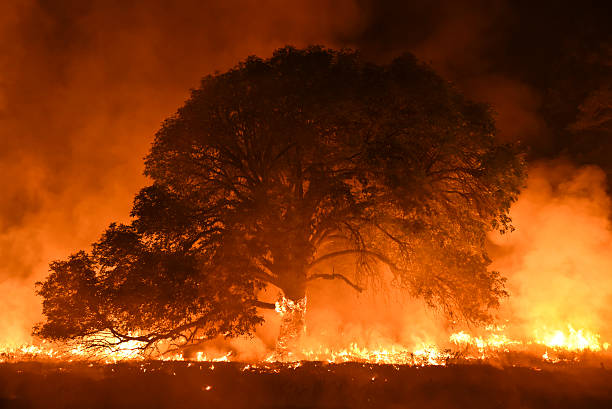Geneva/New York, August 9 – Planet earth is certain to get increasing life-threatening heat waves and water shortage that will affect hundreds of millions of people worldwide, the Intergovernmental Panel on Climate Change (IPCC), a United Nations panel that studies the science of climate change, said in a report.
The report was published following negotiations between the panel’s scientists and 195 governments. It deals also with oceans and coral reefs that sustain fisheries that are threatened by the 1.5-degrees Celsius (or 2 degrees Fahrenheit) warming of the earth atmosphere. The report said warmer temperatures would also kill animal and plant species.
IPCC has been providing scientific information to governments so they can develop policies to fight global warming.
IPCC said its Sixth Assessment Report, Climate Change 2021: The Physical Science Basis “addresses the most up-to-date physical understanding of the climate system and climate change, bringing together the latest advances in climate science, and combining multiple lines of evidence from paleoclimate, observations, process understanding, and global and regional climate simulations.”
IPCC said in a press release that the report “projects that in the coming decades climate changes will increase in all regions. For 1.5°C of global warming, there will be increasing heat waves, longer warm seasons and shorter cold seasons. At 2°C of global warming, heat extremes would more often reach critical tolerance thresholds for agriculture and health.”
“But it is not just about temperature. Climate change is bringing multiple different changes in different regions – which will all increase with further warming. These include changes to wetness and dryness, to winds, snow and ice, coastal areas and oceans.”
The report was issued to coincide with Indigenous People’s Day (August 9) to support evidence that indigenous people hold the secret weapon for protecting forests and mitigating climate change. It was issued while the world is witnessing severe flooding in China, Germany and some Southeast Asian nations, intense heat waves and wildfires in California, Siberia and parts of Canada, Turkey and Greece.
IPCC issued its last climate report in 2013, which said human activities were the “dominant cause” for global warming since the 1950s. IPCC said only a handful of governments have adopted concrete measures to end burning of fossil fuels, oil and gas as source of energy, which is considered the main culprit for global warming. Failure to curb fossil-fuel emissions since the 1950s has increased earth warming that is now unstoppable in the next 30 years, IPCC said.
“The alarm bells are deafening, and the evidence is irrefutable: greenhouse gas emissions from fossil fuel burning and deforestation are choking our planet and putting billions of people at immediate risk,” said UN Secretary-General Antonio Guterres about the new IPPC report. “Global heating is affecting every region on Earth, with many of the changes becoming irreversible.”
“The viability of our societies depends on leaders from government, business and civil society uniting behind policies, actions and investments that will limit temperature rise to 1.5 degrees Celsius. We owe this to the entire human family, especially the poorest and most vulnerable communities and nations that are the hardest hit despite being least responsible for today’s climate emergency.”
Guterres called on governments to take “immediate action on energy,” including no new coal plants built after 2021 and for OECD countries to phase out existing coal by 2030, with all other countries following suit by 2040.
United Nations correspondent journalists – United Nations correspondent journalists – United Nations correspondent journalists
United Nations journalism articles – United Nations journalism articles – United Nations journalism articles

